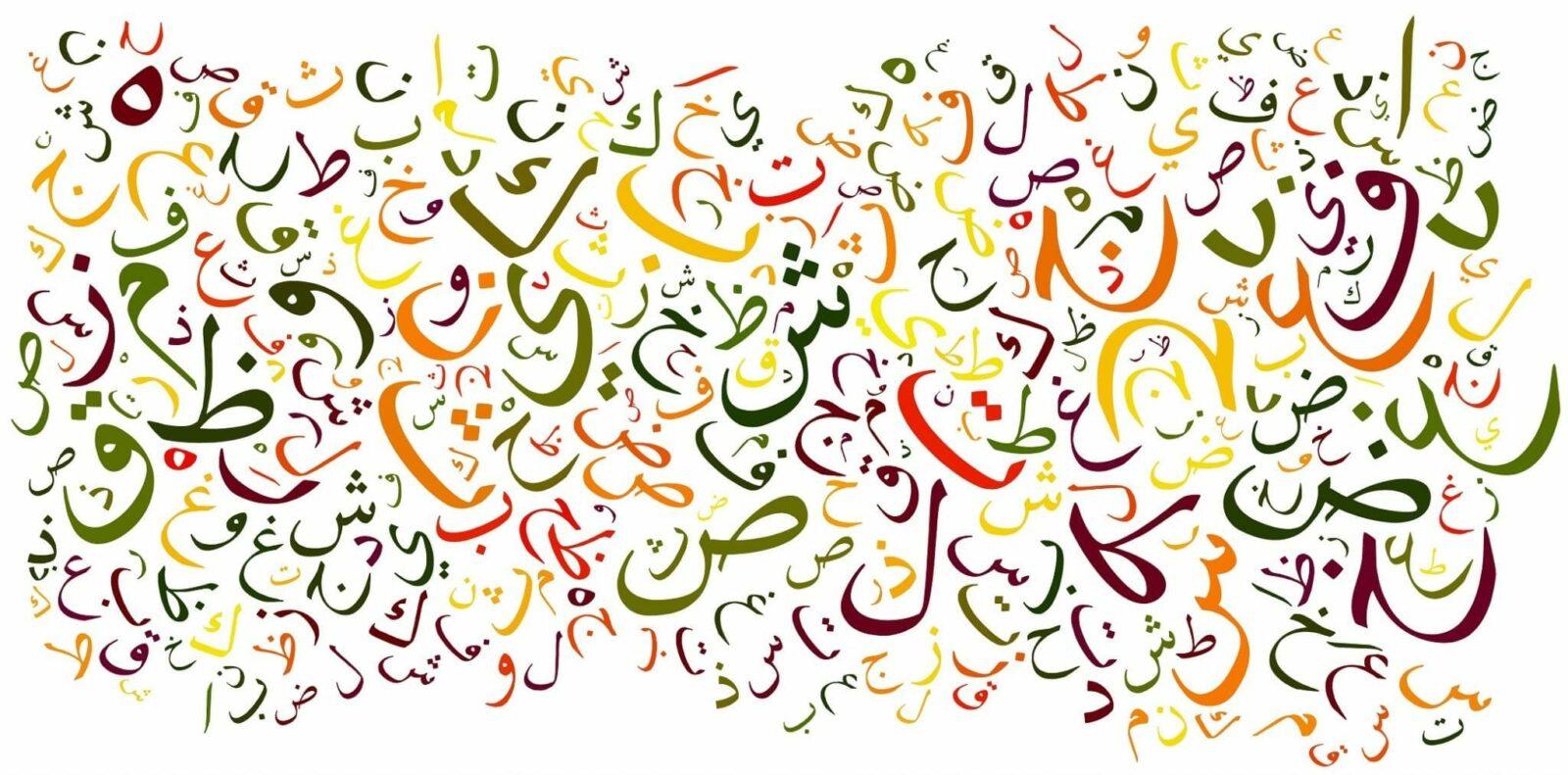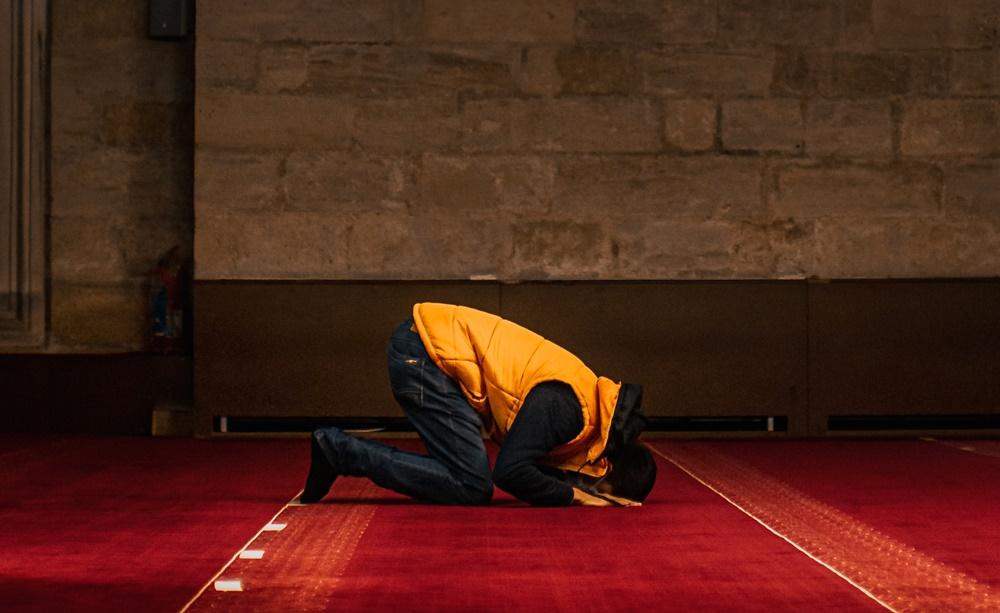EVER wonder how many of us offer our prayers perfunctorily, or even incorrectly, barely understanding what we say? Ever notice how many of us aren’t interested in picking up and reading the Qur’an in our moments of solitude and despair to gain solace and comfort from it, simply because “we don’t understand it.” Ever wonder why things are this way?
This lack of spiritual connection with the Salah and Qur’an in a large chunk of our Ummah is one of the penalties we are paying for neglecting Arabic, the language which holds the key to understanding, and consequently, implementing the Qur’an.
The enormity of this omission is especially glaring in non-Arabic speaking Muslim communities – more so, since they have enthusiastically embraced the teaching and learning of English, with great success.
Why so many of us refuse to take the next step: reading and understanding the Message for ourselves in its pure form?
Having made the connection between acquiring English language skills and worldly progress, most of us are willing to jump through a lot of linguistic hoops to acquire the perfect pronunciation, the trendiest turn of phrase, the most effective presentation.
What prevents us from putting in the same efforts towards learning Arabic, in pursuit of success in the Deen?
Lack of motivation
Many of us have no idea how learning Arabic is directly linked to a better understanding, and by extension, better practice of the Religion. In fact, some non-Arabic speakers continue to challenge this premise and claim that merely learning and understanding Arabic doesn’t necessarily lead to a person becoming a better Muslim.
The Qur’an explains this link clearly when it says:
“We have sent it down as an Arabic Qur’an in order that you may understand.” [Qur’an, 12: 2]
“A Book whereof the verses are explained in detail, a Qur’an in Arabic for people who know.” [Qur’an, 41:3]
As Islam spread through the non-Arab speaking people during the time of the Caliphs, knowledge of Arabic became a pre-requisite for gaining access to Islamic learning, to avoid misquoting the Qur’an, the sayings of the Prophet ﷺ, and secondary books of scholarship. Ali Bin Abi Talib (may Allah pleased with him) exhorted people, “Learn Arabic as (through it) you learn the (Islamic) obligations and practices.”
Interestingly, Ali (may Allah be pleased with him) is also credited with the systematic codification of Arabic, largely for the benefit of non-Arabic speakers. One of his students, Abu Aswad Ad-Duwali, first started the classification of grammar and his student, Mu’ath Bin Musallam Al-Harra, studied morphology and taught the rules of classical Arabic to the then caliph Abdul Malik Marwan.
Several years down the line, this chain of scholars led to the legendary classical Arabic scholar Khalil Bin Ahmad, who, in turn taught the ‘Father of Classical Arabic’: ironically, a Persian scholar called Sibawayh.
Lack of resources
Even a cursory comparison of Arabic learning resources with those of English shows that there just aren’t enough easily accessible, student-friendly textbooks, teachers and institutions for ordinary people to benefit from.
There isn’t a universally accepted curriculum and there is wide-spread stagnation and ‘eclecticism’ in teaching methods. For some strange reason, non-Arab speakers being initiated into Arabic learning are constantly subjected to demoralizing remarks regarding the length and scope of their study (“Want to learn Arabic? Have you got about 20 years?’’), making it seem as if learning enough Arabic to understand one’s daily prayers and the Qur’an are Herculean tasks, which are the domain of only a very select few.
Does not the Qur’an say:
“And We have certainly made the Qur’ān easy for remembrance, so is there any who will remember?” (Qur’an, 54:40)
The sincere learner will always find a way by the Tawfeeq (grace) of Allah and by sheer perseverance. However, it is the responsibility of the people of knowledge to share what they have from the Rizq (sustenance) of Allah with those less fortunate than them in learning, and to do so without condescension and self-aggrandizement, with a feeling of love for their brothers and sisters-in-faith, what they love for themselves: namely, better understanding and better practice of the Religion.
The sincere learner will always find a way by the Tawfeeq (grace) of Allah and by sheer perseverance.
Relying on ‘crutches’
While it is true that translations of the meanings of the Qur’an have been an enormous help in making the words of Allah accessible to so many – Muslims and non-Muslims alike – one wonders why so many of us refuse to take the next step: reading and understanding the Message for ourselves in its pure form, just the way it was revealed.
Sometimes I wonder if we are doing ourselves a disservice by relying on these spiritual crutches to an extent that we have become too lazy to be bothered to decipher the Message that is addressed to each and every one of us; to soak in its myriad meanings and subtle nuances – all of which is possible only with the knowledge of Arabic.
Thankfully, we aren’t living in those times where language flame wars were rampant among the elite. Chauvinists used to castigate people not well-versed in Arabic to the extent, that even responding to Allah’s query “Alastu bi Rabbikum” (Am I not your Lord?) with a “Na’am” (Yes) as opposed to “Balaa” (Indeed!) was considered an act of apostasy!
Let us take inspiration from Isma’il (peace be upon him), who, despite being an Ajam (a non-Arabic speaker) is today called the ‘Father of Arabs’ and make ourselves worthy of being called the Ummah of the Prophet, who is saluted as being ‘afsaḥin-nātiqīni bi-lughatidh-dhād” (the most eloquent speaker of the language of dhād, i.e., Arabic), upon whom be blessings and salutations of peace.








 Dr. Bilal Philips
Dr. Bilal Philips